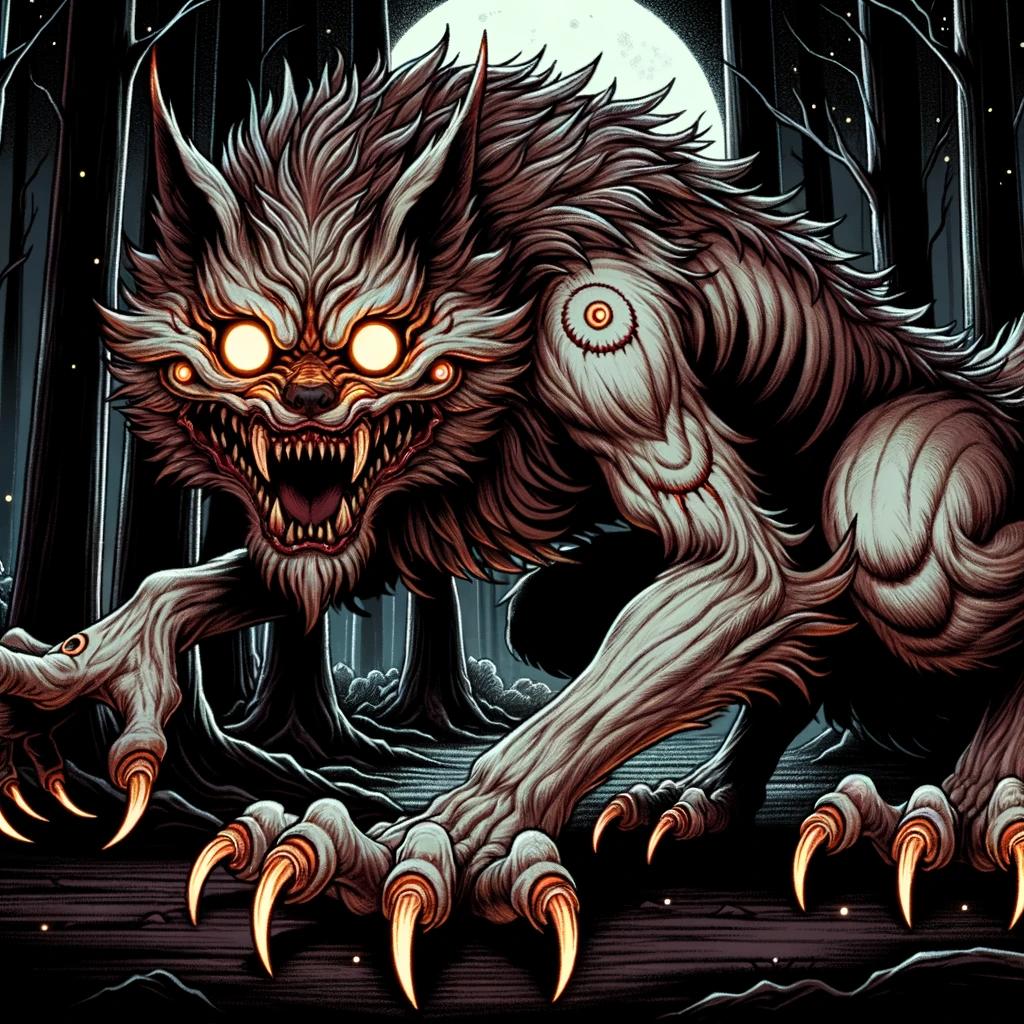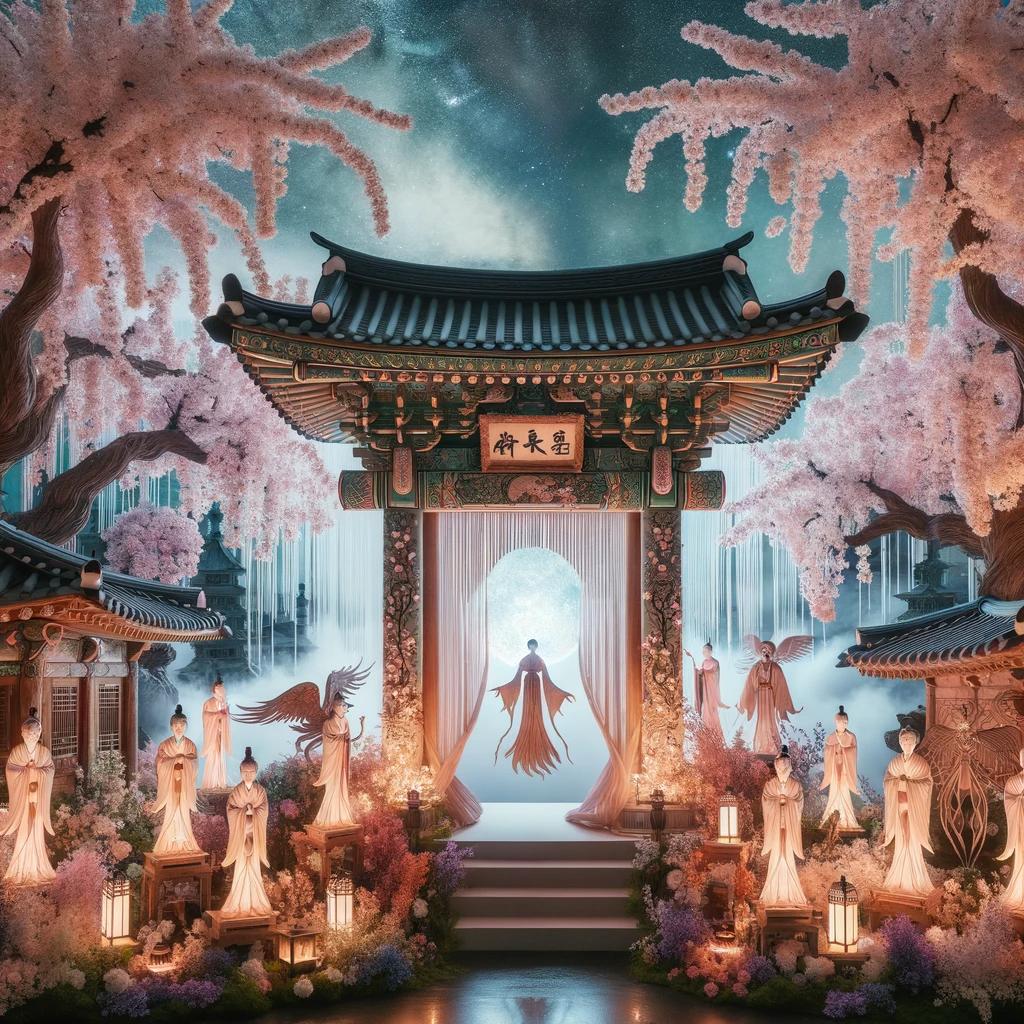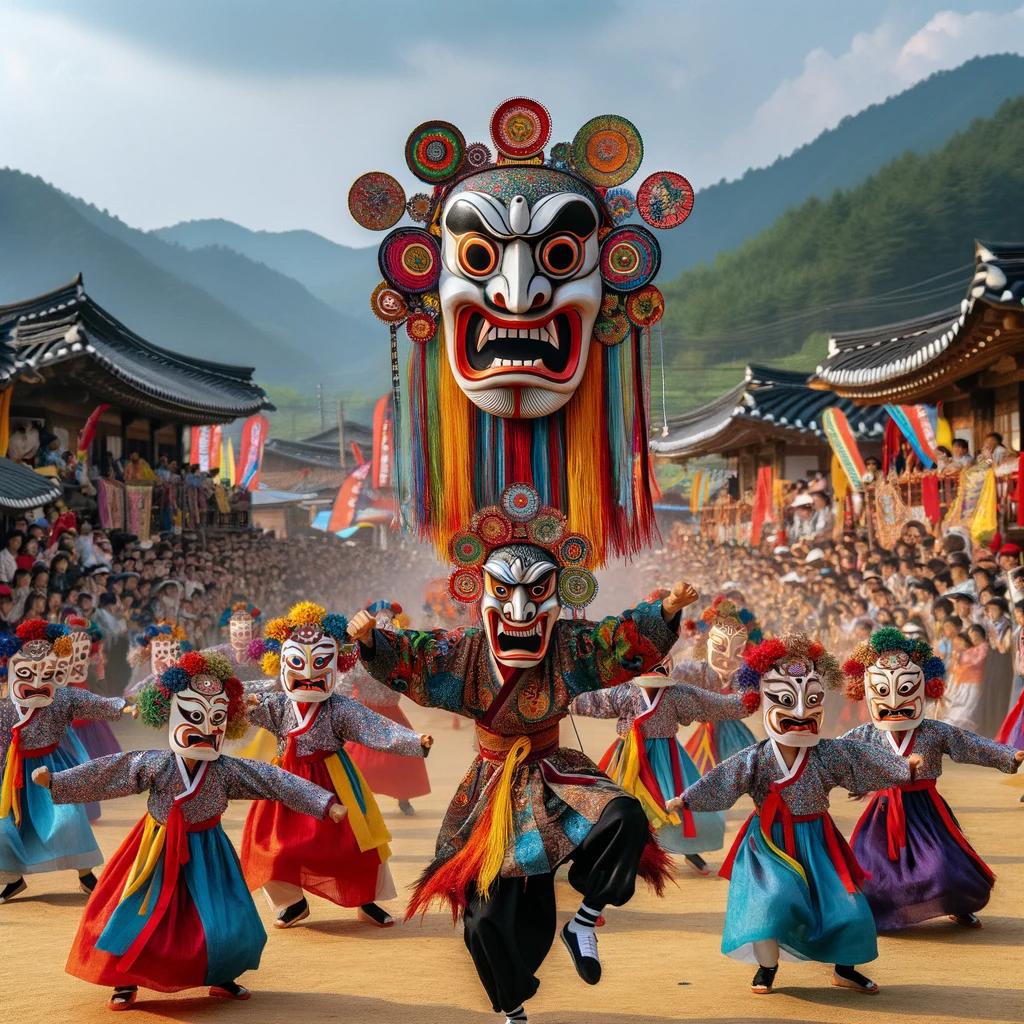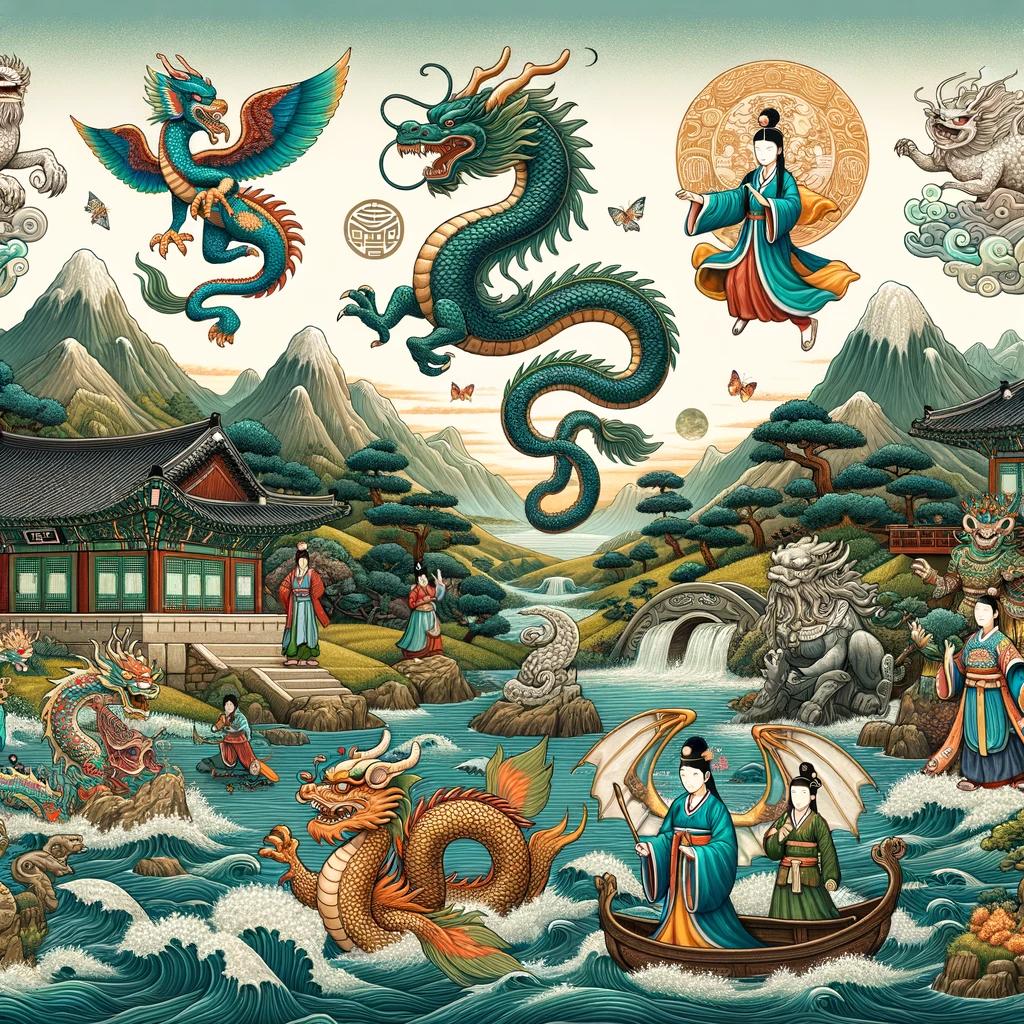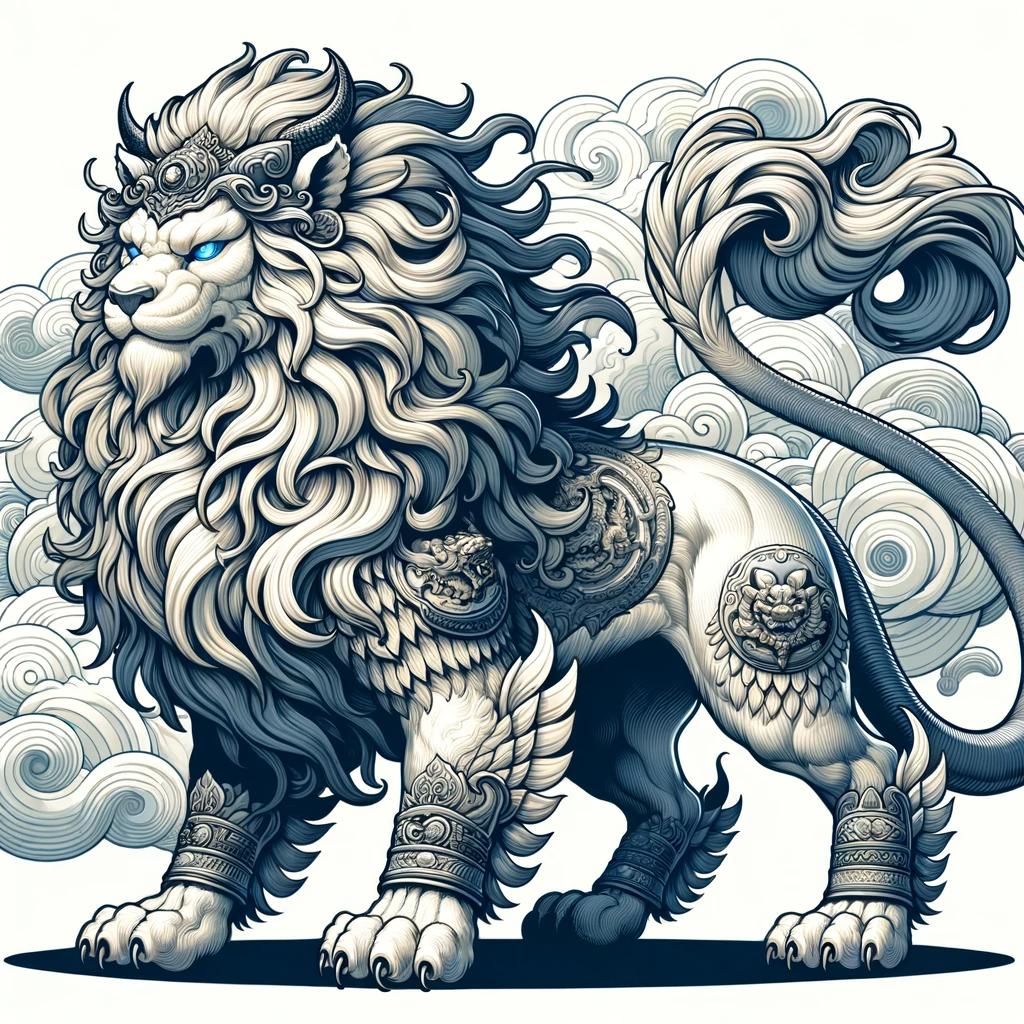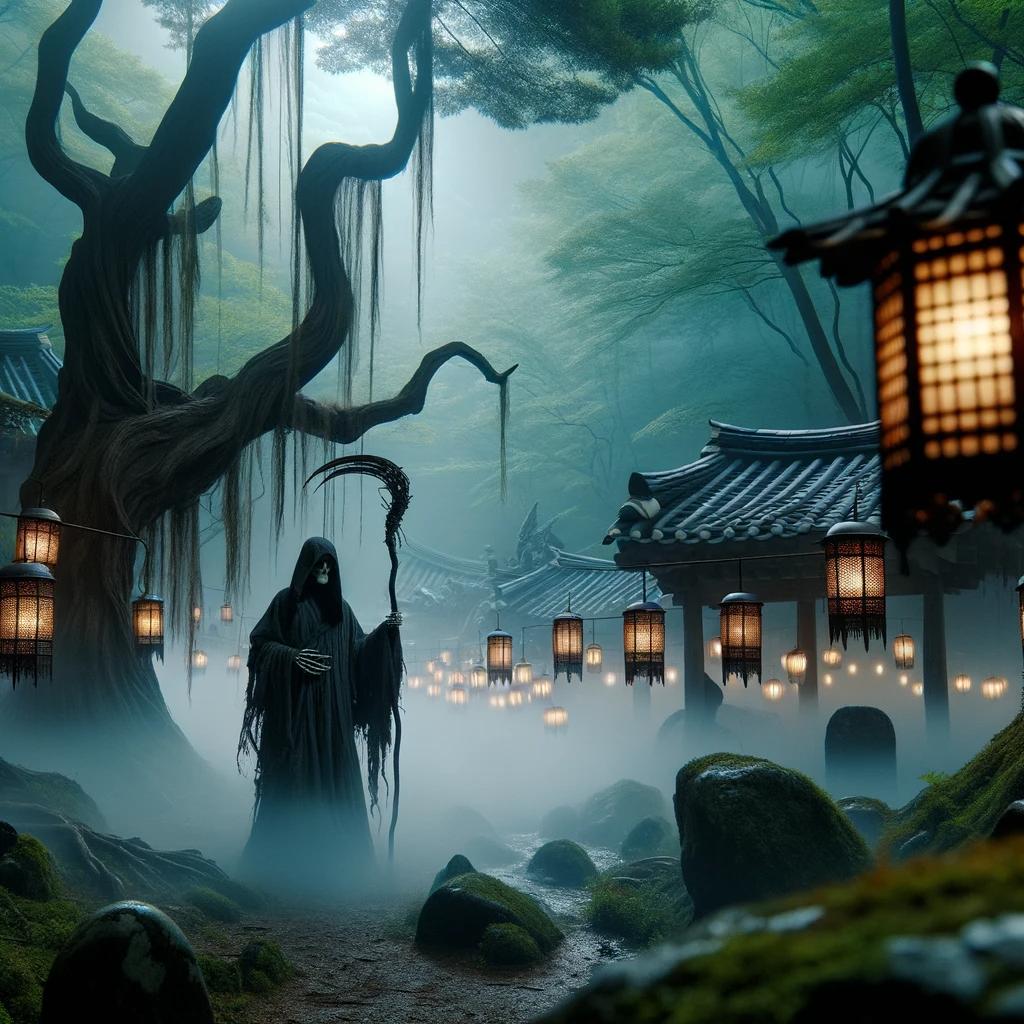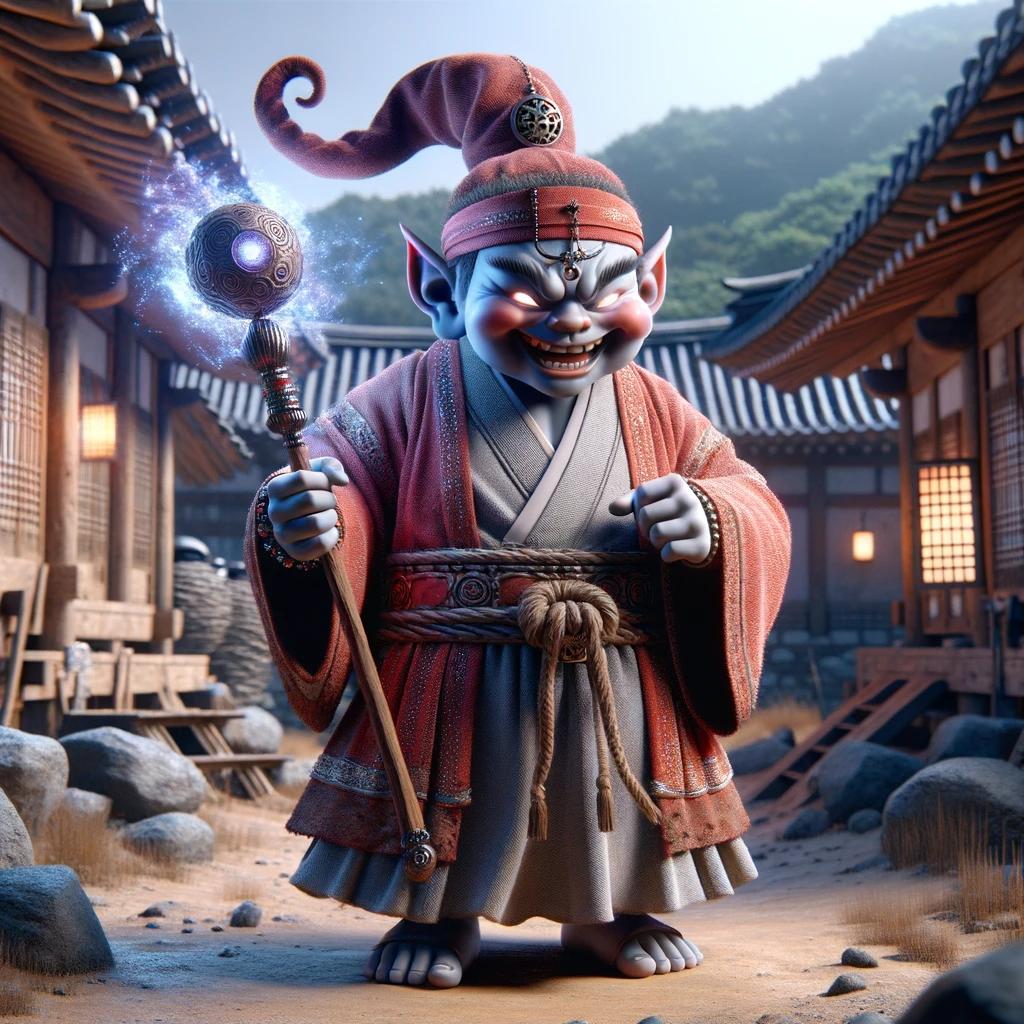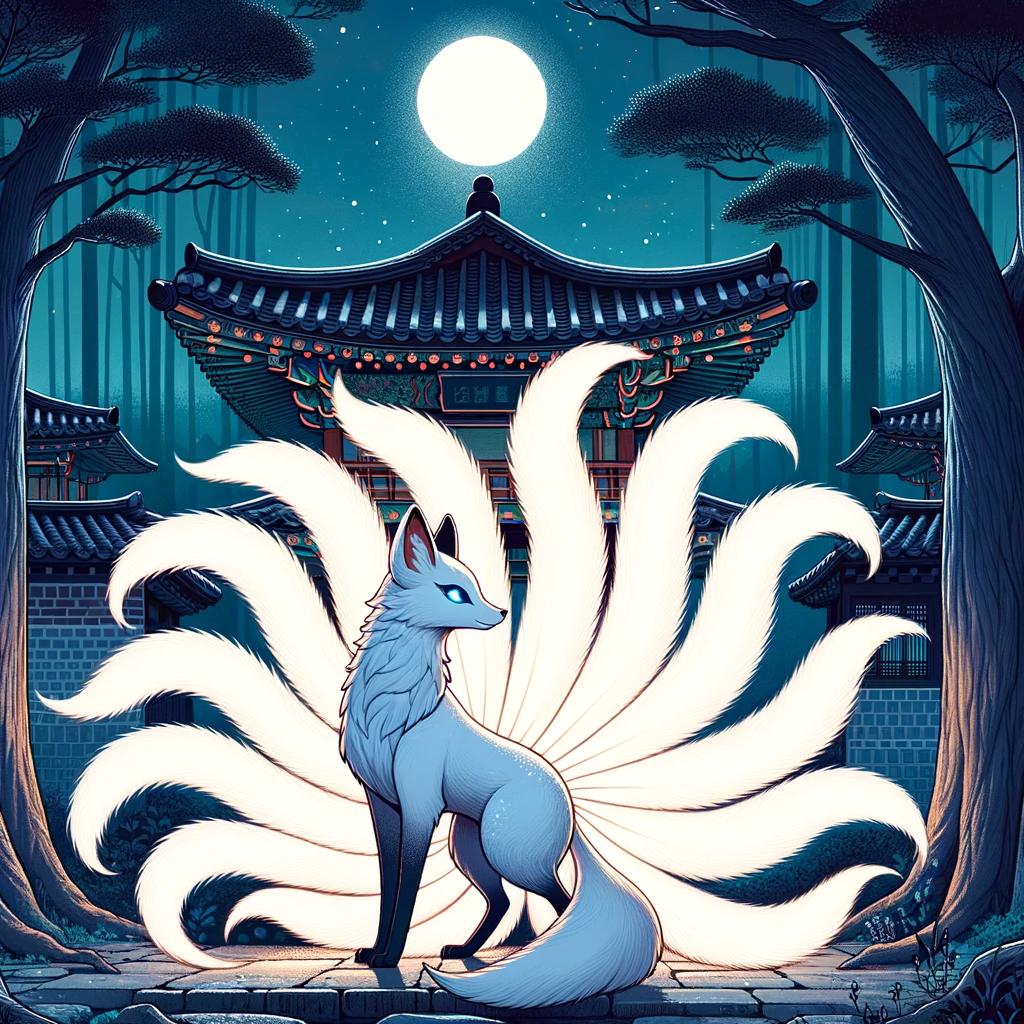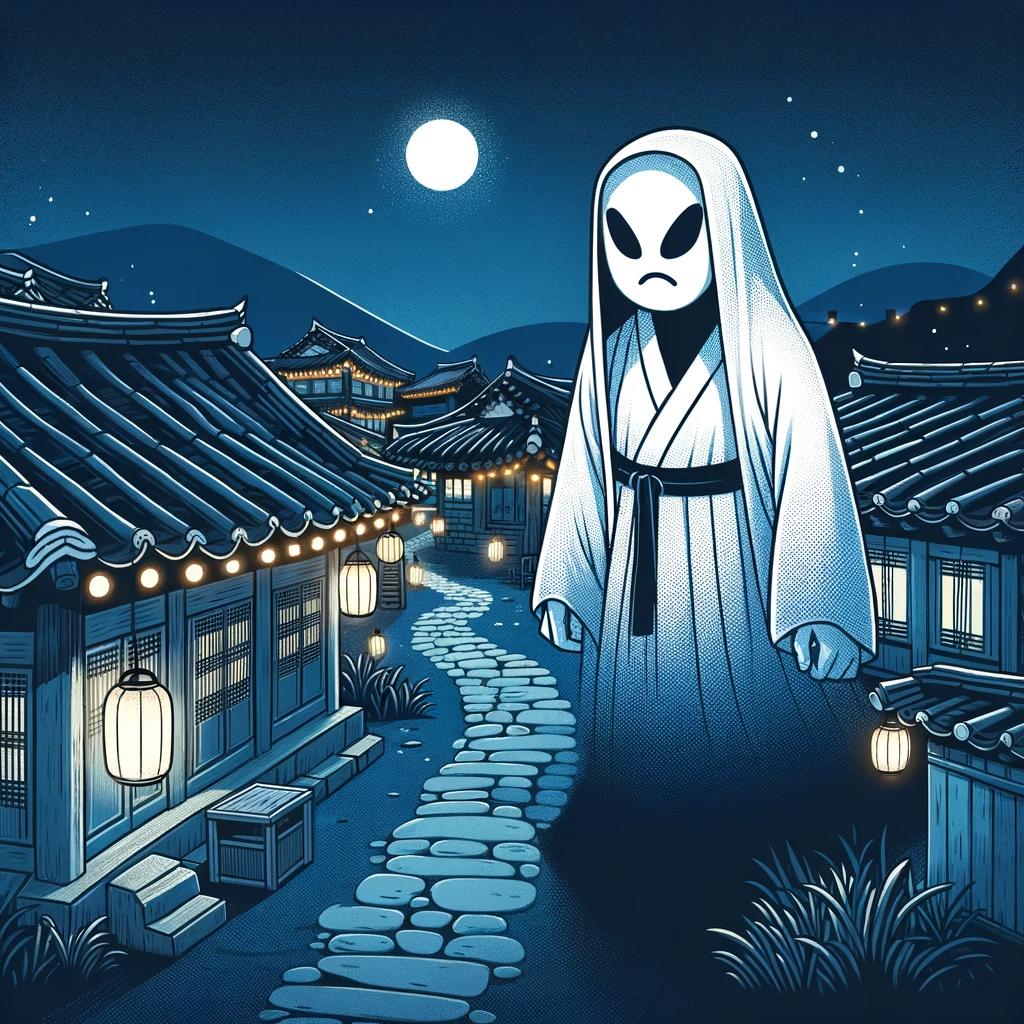Yacha Korean Mythology: Guardians and Supernatural Beings Explored
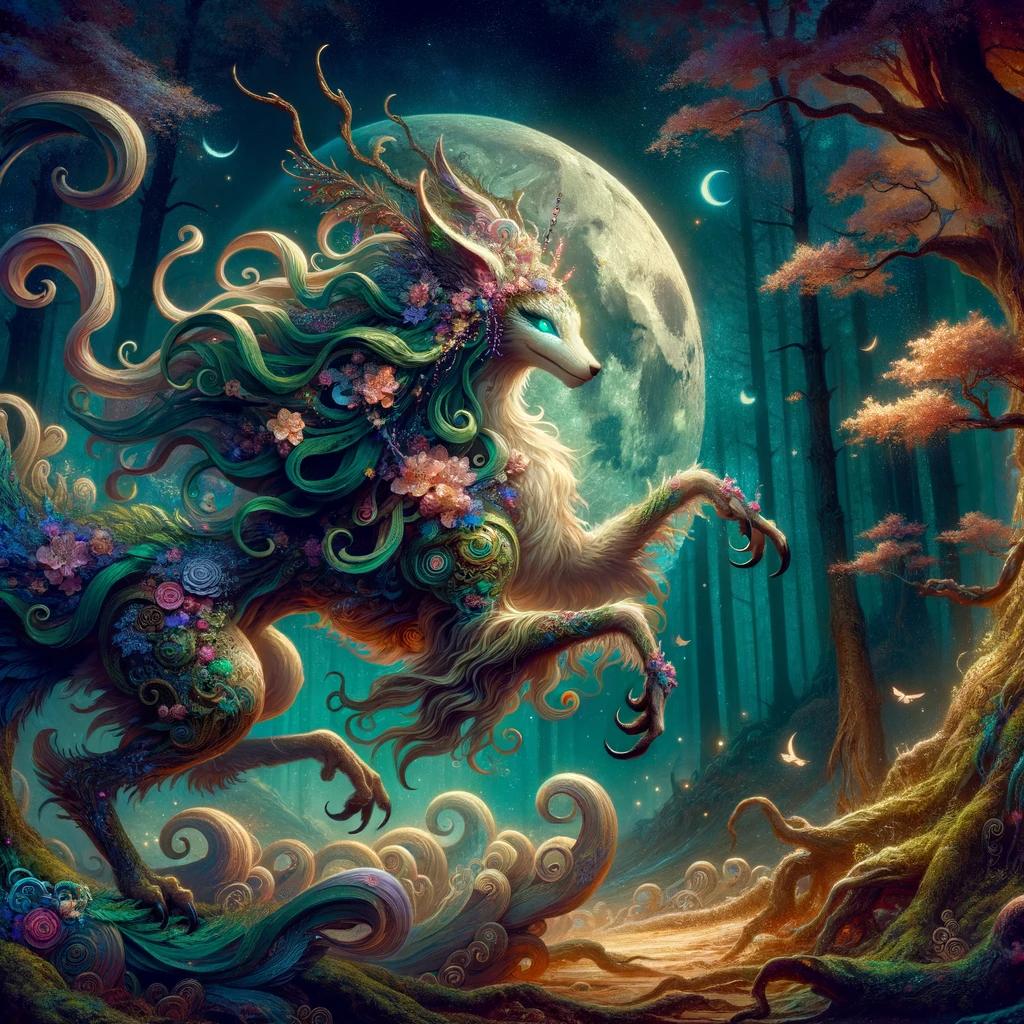
Yacha Korean mythology, originating from ancient Hindu and Buddhist texts, has evolved into a distinct cultural and artistic phenomenon in Korea. These supernatural beings, known as Yacha, are nature spirits with dual natures, both protective and potentially malevolent.
In Hindu and Jain mythology, the powerful Yaksha King Kubera reigns over these beings associated with wealth and prosperity. In Korean Buddhism and folklore, Yacha are revered as guardians and depicted in temples and artwork.
Their cultural significance is reflected in rituals, folklore, and their presence in popular culture. Discover the rich heritage of Yacha Korean mythology and its enduring impact today.
Origins and History of Yacha Korean Mythology
Yacha Korean mythology traces its ancient roots back to Hindu and Buddhist texts, where the concept of Yakshas originated.
These supernatural beings were associated with nature and possessed a diverse range of characteristics and powers. Over time, Yacha evolved within Korean culture, incorporating unique elements and becoming deeply embedded in Korean folklore, religion, and art.
Ancient Roots in Hindu and Buddhist Texts
The origins of Yacha Korean mythology can be traced to Hindu and Buddhist texts, where Yakshas were mentioned as nature spirits and guardians. In Hinduism, Yakshas were associated with water, fertility, and wealth, while in Buddhism, they were depicted as devotees and protectors of the righteous.
These early representations set the foundation for the development of Yacha in Korean culture.
Influence and Development in Korean Culture
As Buddhism and other religious influences reached the Korean Peninsula, the concept of Yakshas merged with indigenous beliefs, resulting in the unique development of Yacha Korean mythology. Yacha became integrated into various aspects of Korean culture, including folklore, rituals, and religious practices.
Their presence in Korean culture reflected the reverence and respect for nature, exemplifying the close relationship between humans and the natural world.
Evolution of Yacha in Art and Architecture
The evolution of Yacha can be witnessed through the art and architecture of ancient Korea. Monumental sculptures, dating back to the Maurya Empire in the 3rd century BCE, depict Yakshas as fearsome warriors or plump dwarfs.
Similarly, Yakshinis, the female counterparts of Yakshas, were represented as beautiful young women. These artistic representations not only showcased the skilled craftsmanship of ancient Korea but also served as a visual testament to the rich mythological heritage of Yacha.
Throughout history, Yacha Korean mythology has endured as an integral part of Korean cultural identity, with its roots in ancient religious texts and its adaptation to the unique cultural context of Korea.
The intricate interplay between Yacha and Korean culture has left a lasting impact on art, folklore, and religious practices, making Yacha a fascinating aspect of Korean mythology.
Characteristics and Powers of Yacha
Nature Spirits and Guardians: Yacha are revered as powerful nature spirits in Korean mythology.
They are believed to be guardians of the natural world, embodying the essence of forests, mountains, and other natural landscapes.
Supernatural Abilities and Transformations: Yacha possess supernatural powers that allow them to shape-shift and take on various forms.
They can transform into humans, animals, or even inanimate objects, making them incredibly versatile and adaptable beings.
Dual Nature: Beneficial and Malevolent Aspects: Yacha exhibit a dual nature, with both beneficial and malevolent characteristics.
While they are often depicted as protectors and benefactors, some Yacha can also be mischievous or even malevolent in their actions, particularly towards unsuspecting travelers.
Nature Spirits and Guardians
Yacha are deeply connected to the natural world, serving as guardians and protectors. They are believed to have a profound influence on the balance and harmony of the environment, ensuring the well-being of forests, mountains, and other natural habitats.
Supernatural Abilities and Transformations
The supernatural abilities of Yacha are vast and intriguing. They possess the power to change their appearance, shape, and size, allowing them to blend seamlessly into their surroundings or assume various forms for specific purposes.
This ability grants them great flexibility and adaptability in their interactions with humans and the spirit realm.
Dual Nature: Beneficial and Malevolent Aspects
The duality of Yacha’s nature contributes to their complexity and intrigue. While many Yacha are benevolent and offer protection and assistance, some may have a mischievous streak or engage in malevolent acts.
It is essential to be aware of their potential for both good and mischief when encountering Yacha in Korean mythology.
Yacha in Hindu and Jain Mythology
In Hindu and Jain mythology, Yacha occupies a significant place, appearing as Yakshas and Yakshinis. These divine beings are revered as devotees and deities, connecting ancient mythologies to the spiritual beliefs of Hindu and Jain cultures.
Kubera, the King of Yakshas
One prominent figure in Hindu mythology is Kubera, known as the king of Yakshas. Kubera is regarded as the god of wealth and prosperity, depicted with a plump body adorned with jewelry, and carrying a vessel of money and a club.
As the ruler of the North and the protector of the world, Kubera is often depicted alongside Lakshmi, the Hindu goddess of wealth.
Yakshas and Yakshinis as Devotees and Deities
In Hindu and Jain traditions, Yakshas and Yakshinis are revered as divine beings associated with spiritual devotion.
They are often found around the images of revered religious figures, acting as guardian deities. Yakshas are known for their protective nature and supernatural abilities, while Yakshinis are depicted as beautiful young women.
Connections to Hindu Mythology and Deities
The presence of Yakshas and Yakshinis in Hindu mythology connects them to various Hindu deities and religious narratives. They are often linked to different aspects of nature, fertility, and the wild, serving as intermediaries between gods and humans.
Yakshas’ Role in Jainism and Jain Iconography
In Jainism, Yakshas and Yakshinis are considered devout followers of the Jinas, the religious leaders of Jainism. They are depicted as guarding deities surrounding the images of the Jinas, symbolizing their protective presence and spiritual significance.
The presence of Yakshas and Yakshinis in both Hindu and Jain mythologies showcases their enduring importance in the religious and cultural narratives of South Asia.
Yacha in Korean Buddhism and Folklore
Yacha plays a significant role in Korean Buddhism and folklore, where they are revered as guardians and divine beings.
They are believed to possess supernatural powers and are seen as protectors of sacred spaces, including temples and monasteries. Incorporation of Yacha into Buddhist literature and temple design has further solidified their importance in Korean religious culture.
Additionally, their influence extends to Korean art and iconography, where they are prominently featured in various forms of artistic expression.
Yacha as Guardians and Divine Beings
In Korean Buddhism, Yacha are seen as powerful guardians and divine beings. They are believed to ward off evil spirits and protect sacred sites from harm. Yacha are often depicted in temple murals, statues, and other religious artifacts, serving as a visual representation of their revered status.
Their presence is also believed to bring blessings, fortune, and spiritual protection to practitioners who visit temples and engage in devotional practices.
Incorporation into Buddhist Literature and Temples
Yacha have been incorporated into Korean Buddhist literature, where they are depicted in various mythological tales and scriptures. These stories often highlight their role as protectors and helpers of enlightened beings, showcasing their close association with spiritual enlightenment and Buddhist teachings.
Furthermore, temples across Korea feature Yacha in their design, with elaborate carvings and sculptures adorning the exteriors and interiors. They serve as symbolic guardians, ensuring the sanctity of the sacred spaces they inhabit.
Influence on Korean Art and Iconography
Yacha’s influence on Korean art and iconography is undeniable. Their distinct characteristics and supernatural abilities make them a popular subject for artists throughout history. Yacha can be found in various art forms, including paintings, ceramics, and sculptures.
Their portrayal often showcases their dual nature, capturing both their frightening and benevolent aspects. These artistic representations serve as a visual testament to the cultural significance and enduring appeal of Yacha in Korean society.
Cultural Significance of Yacha in Korean Society
Yacha Korean mythology holds immense cultural significance in Korean society, encompassing various aspects of beliefs, folklore, and contemporary representation.
Beliefs, Rituals, and Worship
Yacha are deeply ingrained in Korean beliefs and rituals, with reverence and worship offered to these supernatural beings. They are often seen as protectors, with individuals and communities seeking their blessings and aid through prayers and offerings.
Special ceremonies and rituals are performed in designated temples and sacred sites associated with Yacha. These rituals serve as a way to connect with the divine and seek guidance, protection, and prosperity from these guardian spirits.
Folklore and Folktales Featuring Yacha
Throughout Korean folklore, Yacha play prominent roles in various folktales and legends, captivating the imagination of generations. These tales often depict their dual nature, showcasing both their beneficial and malevolent aspects.
Yacha are often portrayed as mischievous spirits who test the courage and morality of humans through various challenges and encounters. These folktales serve as moral lessons and cautionary tales, conveying the importance of virtue and integrity in the face of supernatural beings.
Contemporary Depictions and Popularity
Yacha Korean mythology continues to be a source of inspiration in contemporary Korean culture, including literature, movies, television shows, and art. The popularity of Yacha is evident in its integration into various forms of media, reflecting their enduring appeal among the Korean population.
Artists and writers continue to explore and reinterpret Yacha in modern contexts, breathing new life into these ancient mythical beings. Their depiction in contemporary media showcases their ongoing relevance and the continued fascination with their power, mystique, and cultural heritage.
In recent years, Yacha-themed events, festivals, and exhibitions have gained popularity, further cementing their significance in Korean society and providing a platform for individuals to immerse themselves in the rich tapestry of Yacha Korean mythology.
Through their beliefs, rituals, folklore, and contemporary depictions, Yacha continue to hold a cherished place in Korean society, serving as a reminder of the country’s rich cultural heritage and the enduring appeal of supernatural mythology.
Yacha Korean Mythology in Popular Culture
Yacha Korean mythology holds a significant presence in modern popular culture, capturing the imagination of audiences through various mediums. This section explores the ways in which Yacha have made their mark in games, movies, literature, and how they have impacted Korean pop culture and entertainment.
Yacha in Games, Movies, and Literature
Yacha mythology has found its way into the world of gaming, with numerous video games incorporating Yacha characters and themes. These games allow players to immerse themselves in the rich lore of Yacha, engaging in thrilling adventures and battles against these supernatural beings.
In the realm of movies, Yacha mythology serves as a captivating source of inspiration. Films featuring Yacha draw from the deep well of Korean folklore to create spellbinding narratives filled with supernatural encounters, epic battles, and exploration of the mystical realms that Yacha inhabit.
Literature has also been a vehicle for showcasing Yacha mythology. Yacha-based stories and novels provide readers with a glimpse into the enigmatic world of these nature spirits, exploring their dual nature, powers, and the intricate web of their interactions with humans.
Impact on Korean Pop Culture and Entertainment
Yacha mythology has left an indelible mark on Korean pop culture and entertainment. From television dramas to music, art, and fashion, the influence of Yacha can be seen across diverse creative expressions.
Television dramas often incorporate Yacha characters into their storylines, bringing the allure of these supernatural beings to the small screen. Their presence adds an exciting element to the narratives, exploring the tension between their protective and potentially malevolent sides.
The impact of Yacha can also be seen in the realm of music, with artists drawing inspiration from their mythology to create immersive and evocative songs. Through their lyrics and performances, they invoke the mystical qualities and layers of Yacha’s character.
Korean art and fashion have also embraced the allure of Yacha, featuring their imagery and symbolism in paintings, sculptures, traditional clothing, and contemporary designs. This integration of Yacha mythology into the visual arts contributes to the preservation and celebration of Korea’s rich cultural heritage.
- The incorporation of Yacha mythology in video games, movies, literature, and other forms of creative expression showcases the enduring popularity and fascination with these supernatural beings.
- Yacha’s presence in Korean pop culture demonstrates the integration of traditional folklore into contemporary entertainment.
- Through their influence in various mediums, Yacha mythology continues to captivate audiences, ensuring its longevity and relevance in modern times.
After exploring the origins, characteristics, and cultural significance of Yacha Korean mythology, several key takeaways and insights emerge:
Yacha Reflects a Rich Synthesis of Influences
- The mythology of Yacha in Korea showcases a fascinating fusion of ancient Hindu and Buddhist influences with unique Korean cultural elements.
- This synthesis has given rise to a diverse and vibrant mythological tradition centered around nature spirits and their roles as guardians.
- Yacha mythology highlights the interconnectedness of different cultures and their shared narratives.
Yacha Embodies Dualistic Traits
- Yacha possess a dual nature, with both beneficial and malevolent aspects.
- As guardians, they protect temples, forests, and nature, but they can also be mischievous or even dangerous to humans.
- This duality adds depth and complexity to their characterizations.
Yacha Holds Cultural and Artistic Significance
- Yacha’s influence can be seen in various aspects of Korean culture.
- They inspire awe and reverence, depicted through temples, artworks, and religious rituals.
- Their representations in ancient Korean art and architecture showcase their enduring cultural significance.
Continuing Influence and Appreciation in Modern Times
In recent years, Yacha Korean mythology has experienced a resurgence in popular culture, demonstrating its continuing influence and appreciation:
Yacha in Contemporary Media
- Yacha and their mythological counterparts have become popular subjects in various forms of media, including movies, television series, and video games.
- Their inclusion in modern storytelling showcases their timeless appeal and enduring relevance in Korean society.
Yacha as Cultural Symbols
- Yacha have become representative of Korean folklore and cultural identity, exemplifying the interconnectedness of ancient mythologies and modern society.
- Their presence in contemporary art, fashion, and entertainment serves as a testament to their enduring significance.
The continued exploration and appreciation of Yacha Korean mythology ensure that these nature spirits and their unique tales will continue to captivate and inspire generations to come.
.











